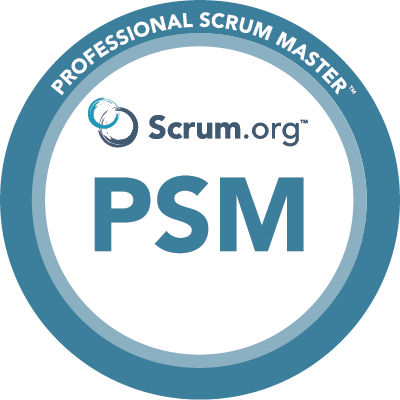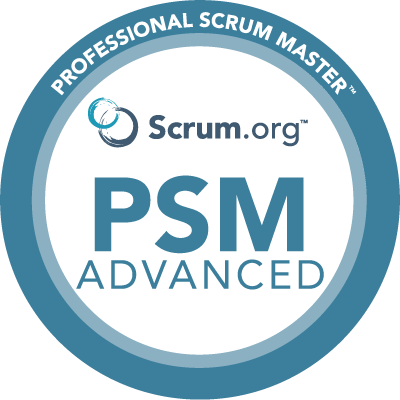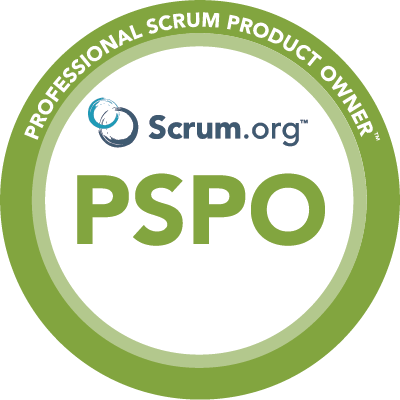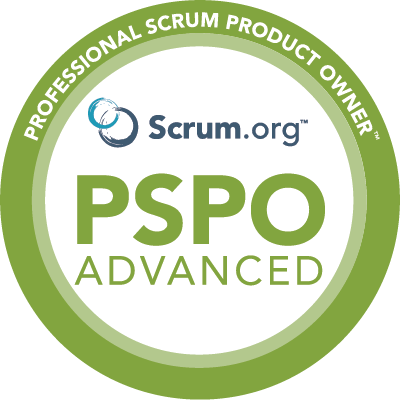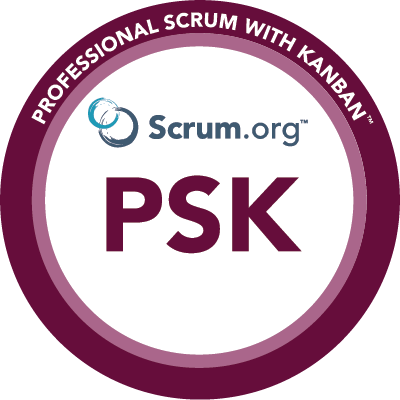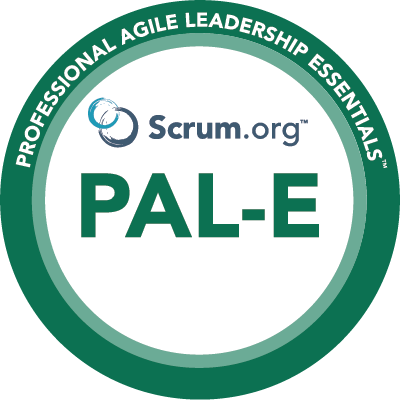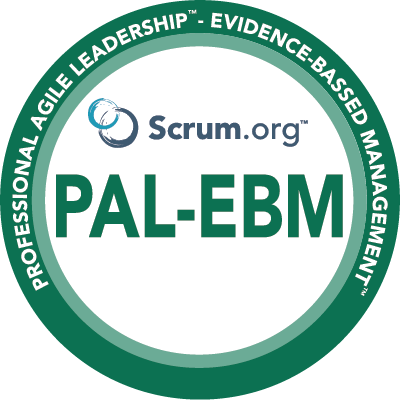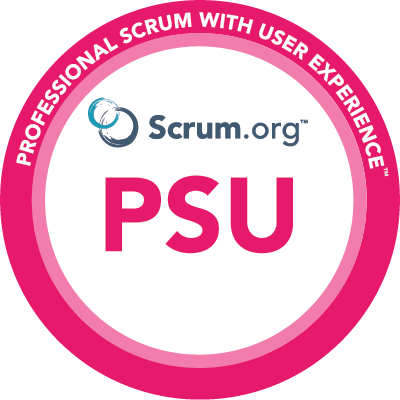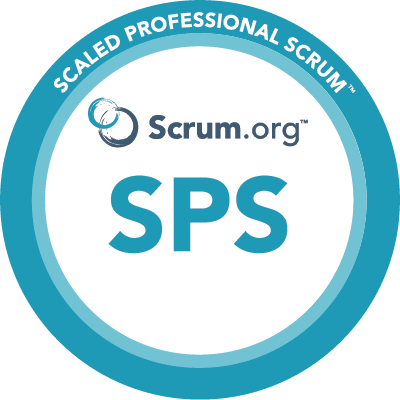Scrum.org: The Global Pioneer in Agile Training and Certification

Introduction to Scrum.org and Its Role in Agility
Overview
Scrum.org was founded in 2009 by Ken Schwaber, one of the co-creators of Scrum and a driving force in the Agile movement. The organization’s mission is simple yet powerful: to help individuals and organizations improve their use of Scrum, ensuring they deliver value continuously. With its headquarters in Burlington, Massachusetts, Scrum.org has become a cornerstone of Agile education globally, offering a robust set of certifications that focus on enhancing practical knowledge and competency in Scrum.
Positioning and Influence on Agility
Scrum.org holds a unique place in the Agile ecosystem. Unlike many other Agile certification bodies, Scrum.org provides a unified, standardized approach to Scrum certification. It emphasizes high-quality assessments that are consistent across the globe. This consistency has made Scrum.org one of the most trusted sources for Professional Scrum certifications, including the widely recognized Professional Scrum Master (PSM). Scrum.org’s certifications are known for their rigor and lifelong validity, which sets them apart from others that require periodic renewals.
Evolution of the Organization
Over the years, Scrum.org has continuously evolved. Starting as a body focused on Scrum, it has expanded its offerings to include advanced levels of Scrum Master and Product Owner certifications, addressing the growing complexity in Agile environments. Scrum.org frequently updates its learning resources and assessment structure, ensuring they reflect the most current best practices in Scrum and Agile. By doing so, it has stayed at the forefront of Agile education, adapting to the fast-paced changes in the industry.
Scrum.org’s Mission and Values
Core Mission and Values
Scrum.org’s mission is to improve the profession of software delivery through empiricism and continuous learning. The organization’s values align closely with Scrum itself: transparency, inspection, and adaptation. These values shape every aspect of their programs, from certifications to community engagement.
Contribution to the Agile Community
Scrum.org contributes significantly to the global Agile community through various initiatives. They host and support Scrum gatherings, provide free resources (such as webinars, blogs, and whitepapers), and publish insights from industry leaders. Furthermore, their network of Professional Scrum Trainers (PSTs) offers guidance to aspiring Scrum professionals worldwide.
Importance of Education
The role of certified Scrum trainers and coaches at Scrum.org is pivotal. Scrum.org has built a network of 350+ Professional Scrum Trainers (PSTs) across the globe who provide standardized, high-quality training to individuals and organizations. This ensures that learners receive consistent, accurate education regardless of location, while maintaining the highest level of expertise.
Impact of Scrum.org in the Agile Industry
Key Statistics
Since its inception, Scrum.org has certified more than 890,000 professionals in various Scrum roles, including Scrum Masters, Product Owners, and Developers. Its assessments have been taken by individuals from over 200 countries, highlighting its global influence.
Reputation in the Industry
Scrum.org certifications are known for their quality and rigor. The Professional Scrum Master (PSM I) certification is often considered a benchmark for Scrum proficiency and is particularly valued by large corporations. The organization has set itself apart by ensuring that its certifications reflect real-world Scrum challenges and by maintaining lifetime validity for certifications like PSM, which do not require renewal.
Key Partners
Scrum.org has built partnerships with top global enterprises such as Google, Spotify, and Microsoft. These companies frequently adopt Scrum.org certifications for internal Agile training and career development. Moreover, many Fortune 500 companies use Scrum.org certifications as part of their Agile transformation strategies, making it a leader in corporate Agile adoption.
Case Studies and Success Stories
Case Study: Microsoft’s Agile Transformation
One of the most notable case studies involves Microsoft, which partnered with Scrum.org to scale Agile practices across its teams globally. Through PSM I and PSM II certifications, Microsoft successfully created cross-functional teams that significantly improved their product development cycles. This led to a 25% increase in team velocity and a 30% improvement in customer satisfaction.
Measurable Impact
Many organizations have reported tangible benefits after adopting Scrum.org’s certifications. For example, Spotify saw a significant reduction in product delivery time, achieving a 20% faster release cadence after certifying its teams through Scrum.org’s Agile programs.
Success Stories from Certified Professionals
Professionals who have obtained Scrum.org certifications, such as Sarah Jensen, a Senior Product Owner at Google, have shared how these credentials advanced their careers. After obtaining the PSPO I (Professional Scrum Product Owner) certification, Sarah helped her teams reduce technical debt by 15%, leading to better product delivery timelines and more cohesive stakeholder engagement.
Differentiation from Competitors
Unique Strengths
Scrum.org stands out in several ways. Firstly, its certifications are valid for life, meaning professionals don’t have to worry about recertification fees or periodic renewals. Additionally, the rigor of their exams is well-known, making their certifications highly respected in the industry.
Innovative Approaches
Scrum.org continually innovates, introducing advanced certifications like PSM III and PSPO III to cater to the growing need for deeper expertise in Agile practices. The organization also emphasizes real-world scenarios in its assessments, ensuring that certified professionals can apply their knowledge effectively in the workplace.
Additional Benefits
Beyond the certifications, Scrum.org provides extensive free learning resources, from blogs to whitepapers, ensuring that the Scrum community has access to continuous education. Furthermore, their emphasis on empirical process control ensures that they stay aligned with the evolving needs of the Agile community.
The Scrum.org Certification Process
How to Get Certified
To obtain a Scrum.org certification, candidates must pass a rigorous exam after self-study or attending a Professional Scrum Training course. For example, the PSM I exam consists of 80 multiple-choice questions in 60 minutes that test a candidate’s understanding of Scrum theory, principles, and practices.
Certification Costs
The cost of Scrum.org certifications varies. The PSM I exam costs $150, while more advanced certifications like PSM III cost up to $500. These prices reflect the rigor and high standards maintained by Scrum.org.
Resources for Success
Scrum.org provides comprehensive resources to prepare candidates for certification. These include open assessments, study guides, and access to a global community of professionals who share insights and learning experiences.
Future Trends and Innovations in Scrum.org
Upcoming Certifications
Scrum.org continues to expand its certification offerings to meet the growing demands of industries. For instance, it is developing new programs that align with DevOps practices and Lean thinking, ensuring that its certifications remain relevant in the evolving Agile landscape.
Responding to Market Needs
With the rise of remote teams and distributed workforces, Scrum.org is adapting its training and certifications to better serve the challenges of virtual collaboration and scaling Scrum in hybrid environments. Additionally, the organization is placing a stronger emphasis on Agile leadership, providing tools for managers to lead in a rapidly changing environment.
Conclusion
In conclusion, Scrum.org remains a global leader in Agile training and certification, offering some of the most respected and rigorous Scrum certifications in the industry. Whether you’re a seasoned Agile professional or just starting out, Scrum.org provides a pathway to deepen your expertise and help your teams deliver value more effectively.
